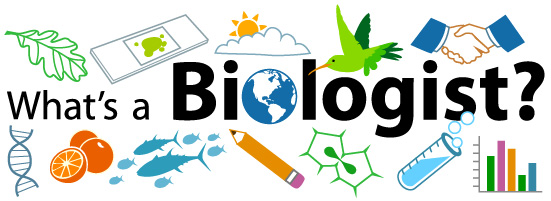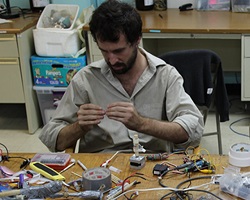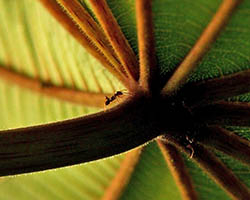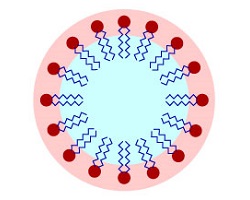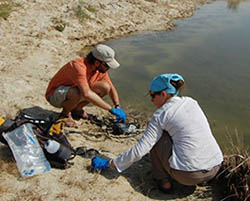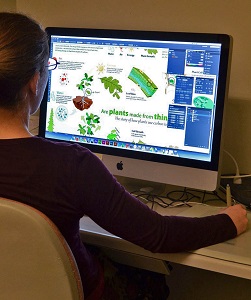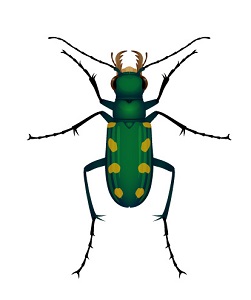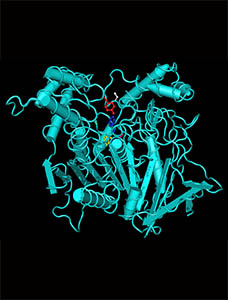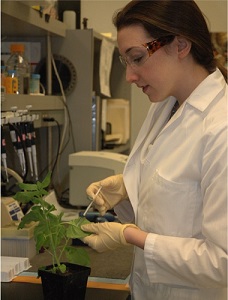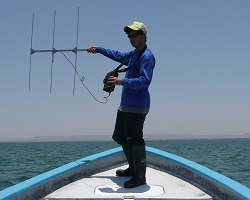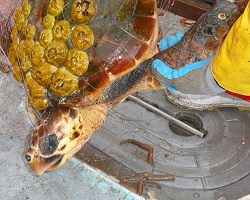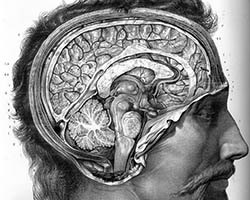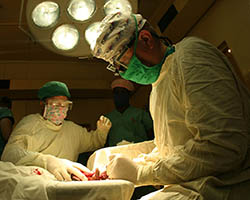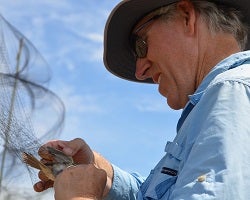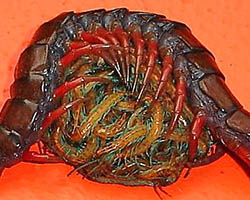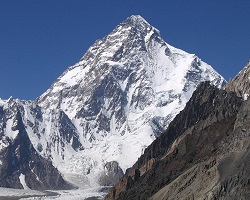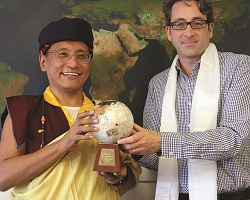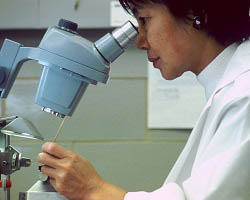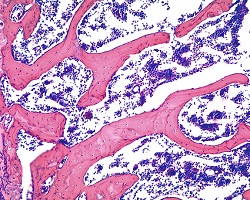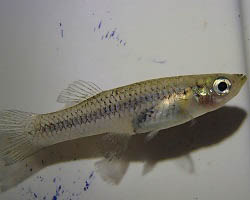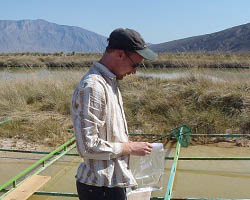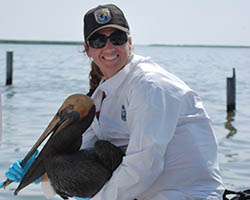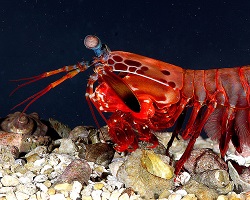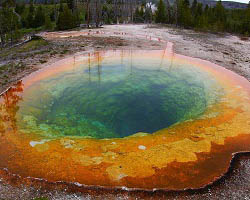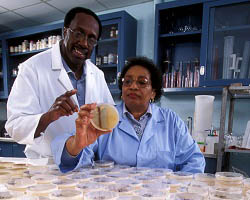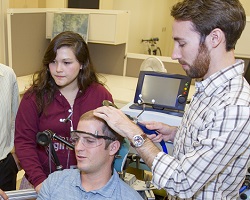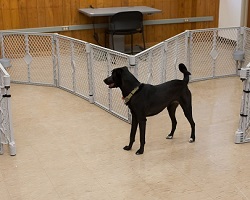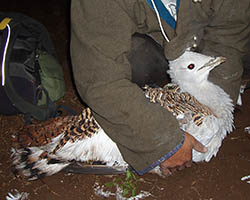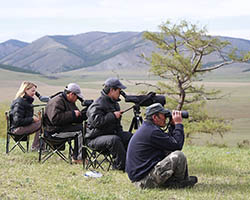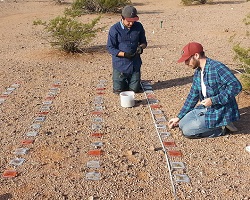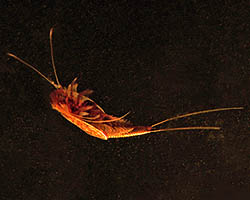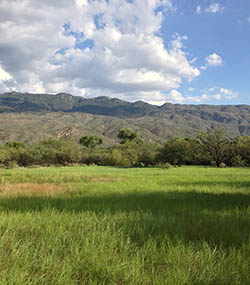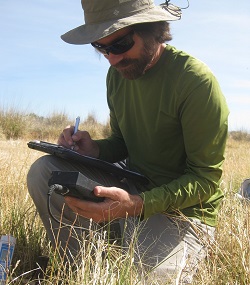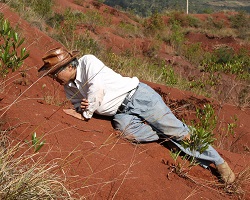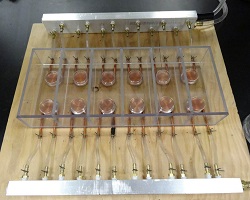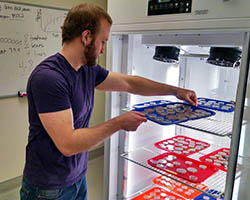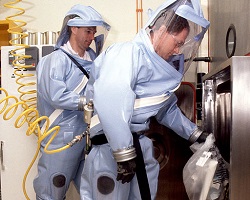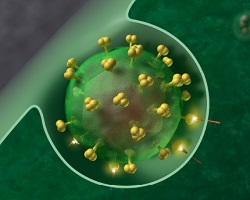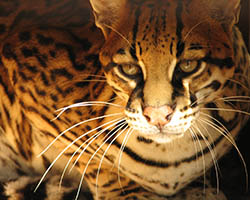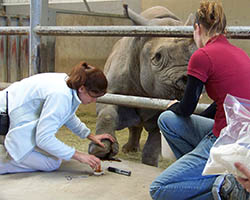What Jobs Are There for Biologists?
Here are some of the career options available to a biologist. While they may each require different amounts of education and training, each is important for helping to understand the diverse world of biology. This list does not contain all the possible careers, but gives an idea about the many unique career possibilities available. To give you a more detailed idea of what you could do as a biolfogist, we've highlighted several specific jobs or areas of study, often from researchers associated with Arizona State University's School of Life Sciences.
Many of these careers also overlap. For example, as part of an animal physiologist's job, he or she may write about research findings for the public (science writing), use research findings to help a species survive (conservation scientist), or communicate information about a species through art (biological illustrator). Once you have some ideas for what you are interested in, check out some job search tools under our Budding Biologists section of the Links page to see what types of jobs are available.
A - B - C - D - E - F - G - H - I - J - K - L - M - N - O - P - Q - R - S - T - U - V - W - X - Y - Z
| Job Name | What They Study or Do | |
|
the shape, size, and position of various parts of an organism | |
|
the behaviors of animals | |
|
non-wildlife animals, including those that are domestic or farmed | |
| human beings in both the present and the past | ||
|
human activity in the past | |
|
the origin, evolution, and future of life in the universe |
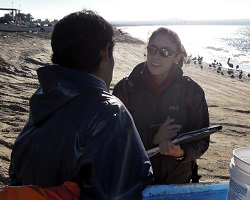
|
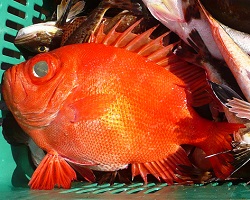
|
| Fisheries scientists may work to find a balance between protecting a species and supporting fishing communities. Click each photo for more detail. |
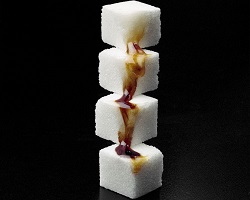
|
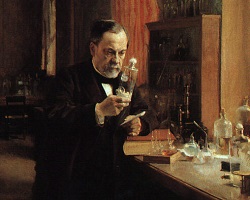
|
| Food scientists create or study new food, food-related safety measures, or preservation processes. Click each photo for more detail. |
Remember, we couldn't cover all the types of biologists and many of these jobs overlap. So if there is an organism or a biological process you are interested in studying, make sure to search for information on it.
Your perfect biology job is out there!
Additional images via Wikimedia Commons.
Read more about: What's a Biologist?
Bibliographic details:
- Article: Biology Careers A to Z
- Author(s): Dr. Biology
- Publisher: Arizona State University School of Life Sciences Ask A Biologist
- Site name: ASU - Ask A Biologist
- Date published:
- Date accessed:
- Link: https://askabiologist.asu.edu/careers
APA Style
Dr. Biology. (). Biology Careers A to Z. ASU - Ask A Biologist. Retrieved from https://askabiologist.asu.edu/careers
Chicago Manual of Style
Dr. Biology. "Biology Careers A to Z". ASU - Ask A Biologist. . https://askabiologist.asu.edu/careers
Dr. Biology. "Biology Careers A to Z". ASU - Ask A Biologist. . ASU - Ask A Biologist, Web. https://askabiologist.asu.edu/careers
MLA 2017 Style

Biologists study the living world. Some biologists (called Anthropologists) study the human part of that living world. Visit Ask An Anthropologist to learn more about how humans came to be the way they are today.
Be Part of
Ask A Biologist
By volunteering, or simply sending us feedback on the site. Scientists, teachers, writers, illustrators, and translators are all important to the program. If you are interested in helping with the website we have a Volunteers page to get the process started.

